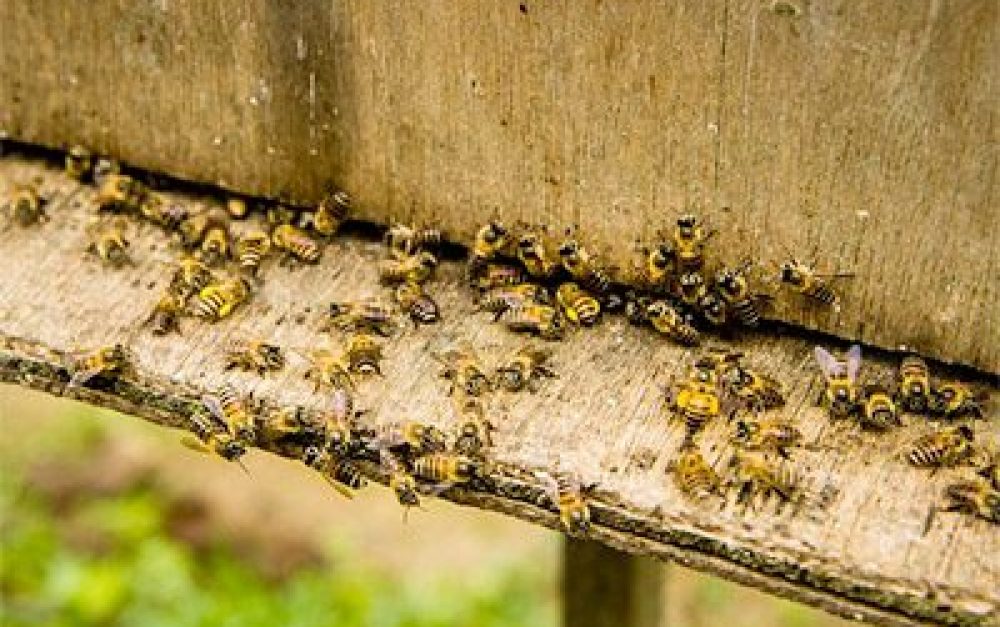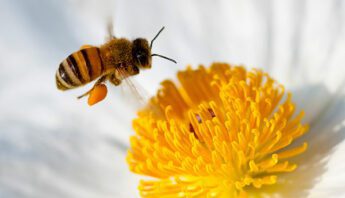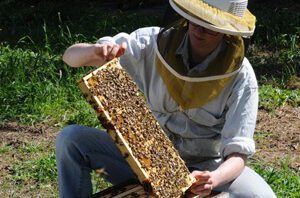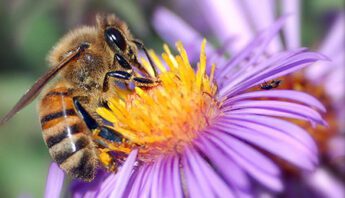They’re in our garden plants, sprayed on orchards throughout the state, and used as seed coatings on commodity crops in California and across the country. After five years of review, California officials have not only failed to complete an evaluation of neonicotinoid pesticides (neonics), they continue to allow more and more of these bee-harming chemicals into the market.
Fed up with the years of hand-sitting, PAN and our partners brought the state and pesticide manufacturers to court today.
PAN and partners at Beyond Pesticides and Center for Food Safety warned the California Department of Pesticide Regulation (DPR) in February that they were violating the law by approving new neonics. They ignored our concerns, despite a mounting body of evidence showing harms to bees. We reminded them again in June, only to have the agency approve more pollinator-toxic products.
Our attorney Greg Loarie at Earthjustice summed up our decision to bring DPR to court pretty well:
“It’s past time for DPR to fix its broken evaluation system and protect our bees and our agricultural economy. It obviously will take legal action to accomplish this.”
Despite five years of review, the agency has yet to finish an evaluation of any neonic product. And over the past couple of years, state officials have either allowed significantly expanded use of neonics or brought new products to market in at least fifteen separate instances.
As I recently noted, this lack of action persists even as independent scientists from around the globe concluded — after review of over 800 studies — that it’s time for international action to restrict neonics and protect bees.
Beekeepers are weighing in too, demanding accountability. Todd Bebb, vice president of the Santa Barbara Beekeepers Association and sponsor of bee-protective legislation in California, said:
“Bees are in trouble unless California officials do their part. Our food system, including farms and backyard gardens, rests on bees and beekeepers for continued pollination and support.”
While beekeepers and food and farming groups duke it out with state officials and pesticide manufacturers in court, the California legislature continues to move ahead with a bill that would force DPR to complete its evaluation of neonics on a specific timeline. That bill will be taken up after the July recess.
Local governments in Oregon and Washington have stepped up with bee-protective policies in recent months. And news out of Canada just this week is that at least one province is considering a licensing system to better regulate widespread use of the products.
With legal pressure building on California policymakers and related legislation on the horizon, it's time for the Golden State to get serious about protecting bees from harmful pesticides too.








